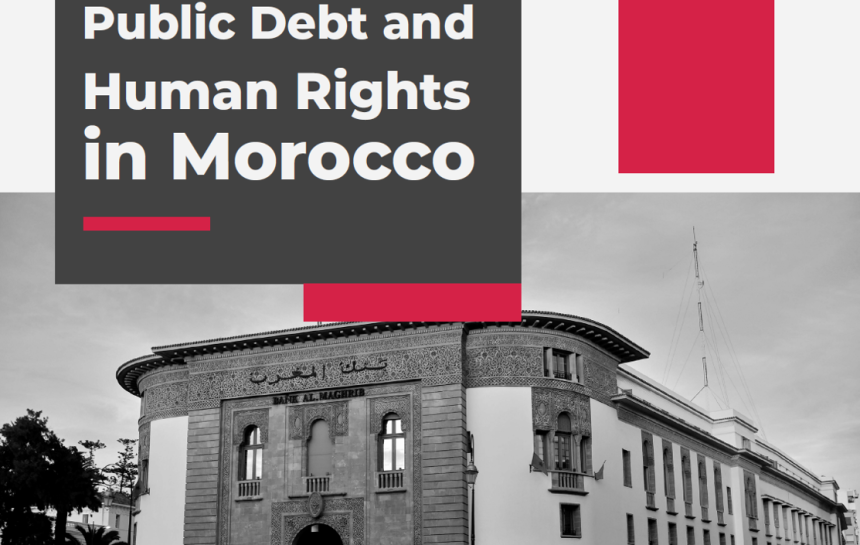
Public Debt and Human Rights in Morocco
by Prof. Riad Mekouar
Introduction
The issue of human rights constitutes a fundamental pillar in any strategy for sustainable economic growth and development. This importance stems both from the breadth of the domains concerned and from their universal scope and essential ethical dimension.
However, one crucial point must be emphasized: The promotion and fulfillment of human rights cannot be limited to declarations of intent. Their effectiveness depends on the implementation of coherent public policies, based on structured, planned, and realistic actions, free from any demagogic considerations.
In other words, while the moral legitimacy of protecting human rights is undisputed, it is imperative to avoid their political instrumentalization.
Human rights must neither be used as occasional tools for social regulation nor reduced to mechanisms for easing economic or societal tensions.
They must be considered as an intrinsic goal of public action.
From this perspective, the question of their financing, particularly through public debt, becomes unavoidable. From the initial analyses, it was made clear that the issue of public debt cannot be separated from the economic and social policies implemented by the state. The link between human development, based on the protection of fundamental rights, and the process of economic growth is now widely accepted by the international community.
The recognition of this link is based on a cardinal principle: Human dignity is the cornerstone of any development project.
In this context, several major questions deserve to be raised regarding the situation in Morocco:
- Is this link concretely established or still theoretical?
- Can we objectively establish a correlation between the level and structure of public debt and the achievement of socio-economic objectives, both in quantitative and qualitative terms?
- Is it possible to assess the sustainability of debt without linking it to an analysis of actual economic and social performance?
Examining these questions is essential to rigorously understanding the interactions between debt policy, human rights, and the dynamics of economic development.
The central issue at stake concerns the mode of financing these rights. This is closely tied to the national economy’s ability to generate additional wealth capable of meeting these needs—and, in the case of borrowing, to repay the debt.
This will first lead us to examine the major trends within the national economy resulting from the socio-economic strategies adopted.
In a second phase, we will address the issue of public debt as a necessity stemming from the public finance deficit, highlighting its structure as well as the risks it poses, particularly with regard to sustainability.